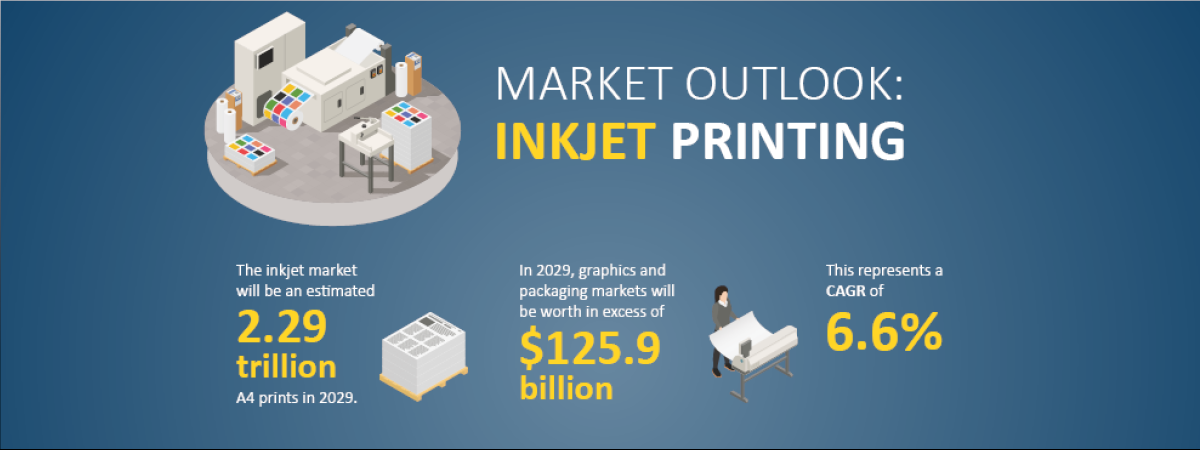23 May 2011
Carbon Smart Programme
Customer Journey
The customer journey will involve a minimum of 2 days of support (12hrs). In some cases support will extend to up to 5 days dependent on the situation of the beneficiary.
1. Onsite Business Baseline (min. 2 hours)
Businesses will be given a ‘one to one' baseline session with an environmental consultant. The baseline will identify in detail the type of environmental improvements the company might aim for and the most appropriate type of accreditation that the company could achieve.
As part of the intervention, the energy measurement solution will be set-up at the client site. Depending on the physical location and position of the beneficiaries' premises, the environmental consultant maybe assisted by professional installation support. This will be dependent on the complexity of the install.
Once the measurement solution is installed the client will be walked-through how to use the measurement system. The base lining process will involve measurement of the SME's electricity usage over 2 weeks following the initial visit. During this period the SME will not have access to their dashboard. This will ensure there are no changes to behaviour from measurement. The measurement system will directly address the issue of benchmarking performance that has been identified as an issue in previous projects
2. Report Production (2 hours)
The findings from the baseline, including measurement, initial agreed actions and measurement implementation, will be collated into a report for the SME. The SME will be walked-through the report and have the opportunity to review and clarify any questions arising. The report will help focus SME's on the key issues, building on the initial diagnostic and preparing them for the formal action plan
3. Workshop and draft action plan (3 hours)
SME's will attend a workshop where the findings from their reports will be analysed and individual action plans developed. Unlike previous sustainability support ERDF projects, these action plans will have specific interim targets for energy saving that will track progress towards the SME's overall target.
A key part of the workshop will be to prepare SME's for the new types of intervention that are being tested in this project:
a. Intensive, individualised support - setting out how the interventions will be proactive, driven by measurement information and use businesses' practical situations as learning experiences. Where actions are being implemented but on-target savings are not being achieved, the action plan will be amended to shift performance to meet targets
b. community action - outlining the different competitive and collaborative community options including peer sustainability leagues, best practice network on facebook and joint activities that could be incorporated into action plans where businesses collective energy and waste savings will be counted.
As part of the workshop, the initial level of community participation will be agreed and incorporated within each SME's action plan
Participants in each workshop will be selected on the basis of the common challenges facing each of the businesses. This will enable the participants to engage as a group as well as individual enterprises.
4. Completed action plan and environmental policy (1 hour)
Following the workshop, SME's will take away their draft action plans and review them. The key activities from the action plan will be reflected in Environmental Policies which each of the SME's will incorporate into their corporate policies and procedures as part of the action plan process.
SME's will formally agree their action plan and their participation in the peer league tables will commence. This will enable SME's to see how they are performing compared to other similar organisations with similar environmental problems as the support delivery phase of the project begins
5. Intensive individual support and Community support delivery (6-24 hours)
Each SME will have a dedicated consultant assigned. Where appropriate this will be the same as the consultant that conducted their baseline. The consultant will be responsible for:
a. Regular engagement with their assigned SME to validate completion of actions on plan and understand the SME's' experience in completing them e.g. whether they were onerous, as expected or easy etc
b. Assessment energy usage for their assigned SME's against target, comparing to typical performance in the local area, and across SME's from the sector participating in the project overall
c. Proactive engagement with their SME if energy performance deviates from expected path. The consultant will intervene even in cases where performance is better than expected, to understand what has been done to deliver such improvement
d. Disseminating good practice to other relevant SME's where a business has made positive improvements that are more broadly applicable. This will include brokering focused discussions led by with exemplars within the project to explain how the change has been implemented and the quantitative savings achieved
e. Supporting their assigned SME to participate in the agreed community activity. This support will involve a range of activities, from encouragement to a facilitator role, bringing together the relevant SME's to achieve their target energy and waste reductions
f. Amending and iterating action plans with SME's to better reflect capacities and performance, based on their experience in the project
g. Intensive intervention where SME's are consistently achieving below target savings. This will include site visits, seminars and SME to SME mentoring, where high performing businesses (that are interested) will provide a green mentor role, giving informal support to businesses to improve their efficiency
6. Environmental Accreditation (2 hours)
Following completion of the support phase, and achievement of resource efficiencies, project participants will receive an independent accreditation.
The awards offered will be graduated to reflect the capacities of the company to deal with the practicalities of time and levels of engagement involved:
Carbon Smart Awards
The Carbon Smart awards have been developed and are audited by an independent panel, with participation from Universities and sustainability experts. Several hundred businesses have participated in the scheme which is recognised as a valid accreditation under the Mayor of London's Green Procurement code, as part of sustainability support schemes delivered by the London Development Agency and London European Regional Development Fund.
The Carbon Smart service is provided by BPR Group ltd. Carbon Smart is the brand used by BPR Group for the delivery of services that promote environmental efficiency for SME's.
The service offers three levels of award to measure what stage the company has reached. Services include the development and implementation of environmental action plans covering energy efficiency, waste and recycling, travel and transport, procurement, fleet management and staff communication:
Carbon Smart Blue awards are for companies starting to tackle their carbon footprint;
Carbon Smart Silver are for companies that have made carbon reduction part of the running of their business;
Carbon Smart Gold award goes to companies that engage their clients and stakeholders.
Companies completing the programme can expect some significant benefits including;
• Better management of environmental risks, now and in the future
• Increased access to new customers and business partners. As the standard is internationally recognised, this will apply in export markets as well as the UK
• Demonstration of legal and regulatory compliance
• Potential for reduced public liability insurance costs
• Overall cost savings in terms of consumption waste and recycling
• Reduced C02 emissions arising from their operations
This journey will be delivered to 250 SME's across the Northwest in the following sub regional splits Greater Manchester (80); Merseyside (42); Lancashire (58); Cheshire (45) and Cumbria (25).
 Intergraf Economic News (Paper Prices) - March 2024
Intergraf Economic News (Paper Prices) - March 2024
18 March 2024
Access the latest edition of the Economic Newsletter for the European Printing Industry for data on paper consumption, and pricing data for pulp, paper and recovered paper. Data for packaging papers and board is also available with this edition.
 UK to follow global expansion of inkjet printing
UK to follow global expansion of inkjet printing
21 March 2024
The latest expert analysis from Smithers identifies the potential of the latest generation of inkjet systems to improve profitability across the global print market. Read more about the new report The Future of Inkjet Printing to 2029.

The BPIF is the printing industries champion. By becoming a member you join a diverse and influential community. We help you solve business problems, connect you to new customers and suppliers and make your voice heard in government.
Call 01676 526030









